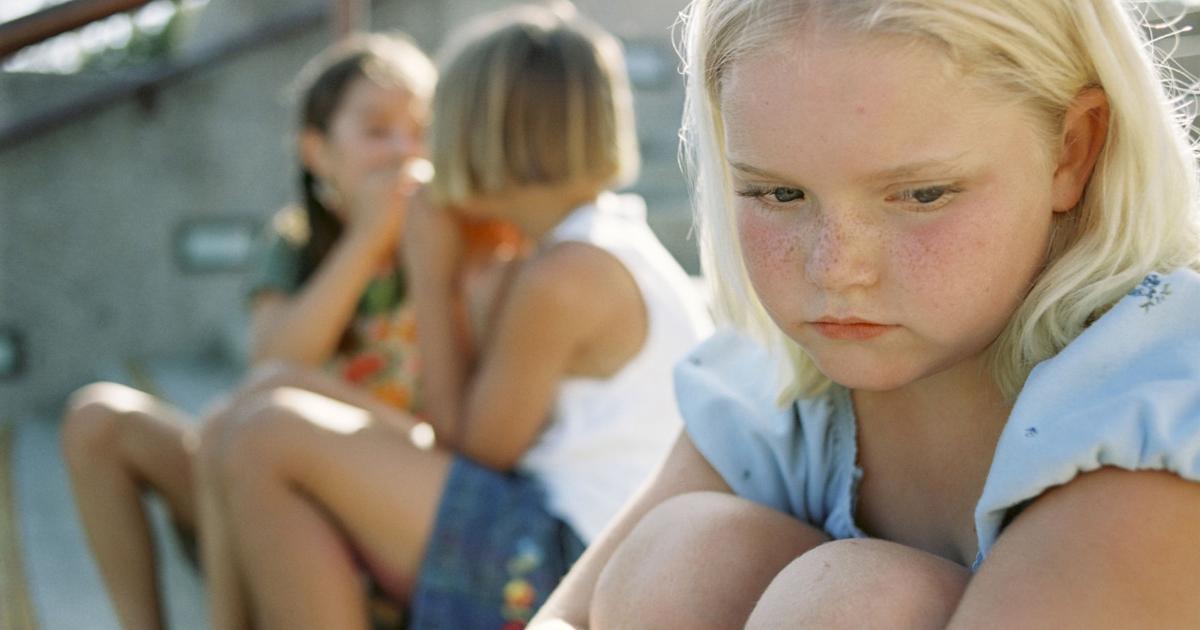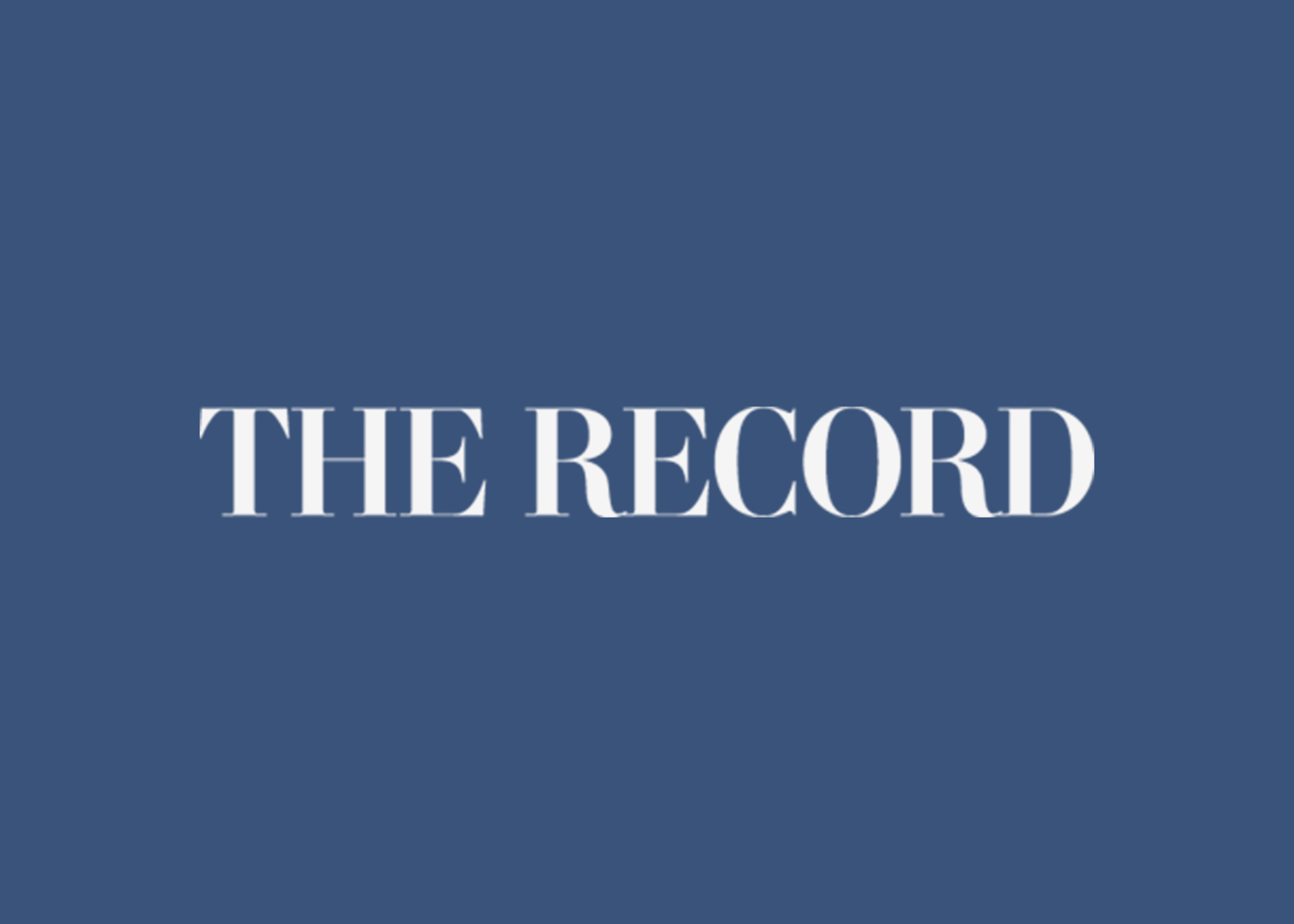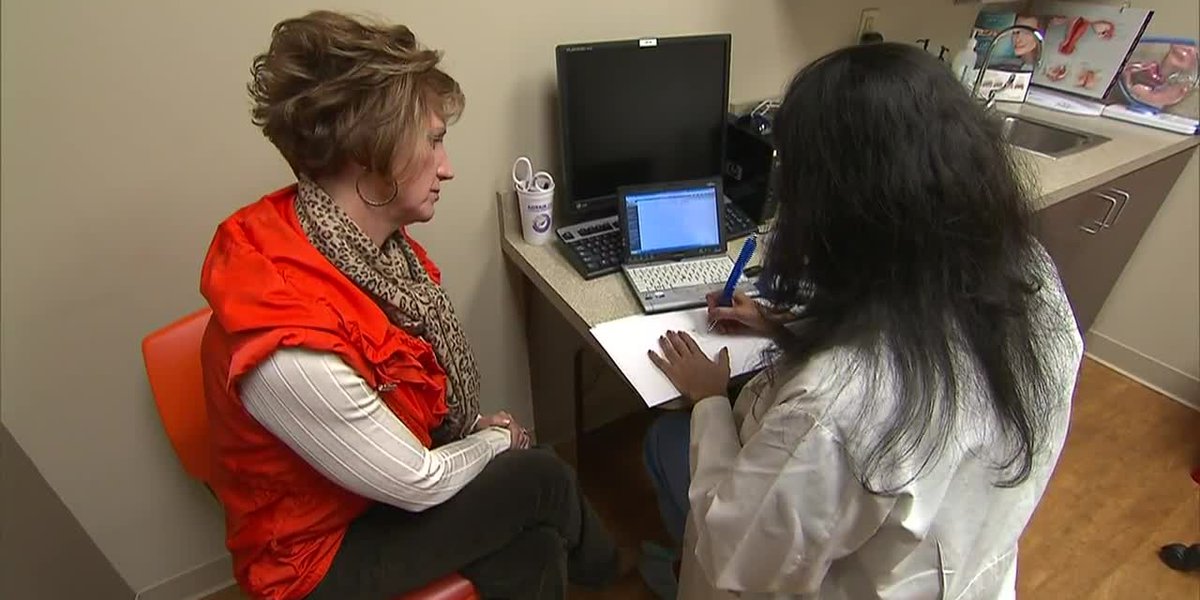[ad_1]
Children in Louisiana are in the midst of a mental health crisis, struggling with anxiety and depression at unprecedented levels, according to a recent report by the Annie E. Casey Foundation.
The 2022 Kids Count Data Book ranks Louisiana 49 out of 50 in child well-being based on economic well-being, education, health, family and community.
“I’m not surprised by these numbers, especially because of the pandemic,” said Marie Collins, executive director of The Family Tree of Acadiana. “We live in a state that tends to have more rural places, so access to care is very difficult to begin with, and then you add in the parameters of the pandemic — I think the big thing that we’re seeing right now is that children are affected because of parents. They’re completely dependent, in most cases, on their parents, and so the parents are struggling, and that’s their frame of reference.”
It’s the first time the annual resource, which includes data from the first year of the pandemic, has focused on youth mental health. The report shows a 26% increase nationally in anxiety and depression through 2020, creating what the U.S. surgeon general has called a “mental health pandemic.”
Although Louisiana actually improved in 10 out of the 16 measures tracked in the annual Data Book, the state continues to rank among the worst in the nation in all but four indicators.
The state’s best rankings — ninth for few young children not in school and 17th for few children without health insurance — reflect federal and state commitments to providing children with access to those essential services.
“Our state has the power to set children on the path to success by connecting them to appropriate mental health care and early intervention services,” said Jen Roberts, CEO of the Louisiana nonprofit, Agenda for Children. “Unfortunately, Louisiana’s children are not only contending with the one-two punch of a pandemic followed by the devastation of Hurricane Ida, they also face the challenge of trying to find appropriate mental health care in a state where three out of every four residents live in a mental health care provider shortage area.”
Children across America were more likely to encounter anxiety or depression during the first year of the COVID-19 crisis than previously, according to the Data Book.
About 10% of Louisiana children between the ages of 3 and 17 were diagnosed with depression or anxiety in 2020, the report said.
“I believe we’re wired for connection with other people,” said Roy Petitfils, a Lafayette psychotherapist for teens. “Folks who are wired for a high need for human connection really, really, really struggled. One of the things I saw in kids who would have come in pre-pandemic and said, ‘I am not connected with anyone’ come in during the pandemic and say ‘I was connected with more people than I thought I was.’”
Petitfils said it is hard for experts to isolate the pandemic from the political upheaval that occurred during the pandemic when analyzing data, noting that “sociologists are going to have a field day with this for the next 100 years.”
Julie Kaplow, executive director of the Trauma and Grief Center at Children’s Hospital New Orleans, said social isolation isn’t the only lasting effect the pandemic will have on Louisiana’s young people. Trauma and bereavement are the primary predictors of other mental health issues, including anxiety, depression and aggressive behavior.
Many Louisiana children and teens continue to struggle with grief and guilt surrounding the loss of a loved one to COVID-19.
“Children at their schools say things that are maybe not intentionally cruel, but things like ‘Why didn’t your dad get vaccinated?’ Or ‘Your grandma should have worn a mask’ or things that are very judgmental,” Kaplow said. “And, in fact, we even had one little girl say, ‘I killed my mommy’ because she came home from school and had COVID, and then three weeks later her mom died of COVID.”
Kaplow, a child and adolescent psychologist who splits her time between Louisiana and Texas, said there’s an initiative her team is rolling out in Houston called the Handle with Care program that she’s hoping to roll out within a year in the New Orleans area.
The program features a streamlined process for an officer who finds a child at the scene of a traumatic event — such as a homicide, suicide or domestic dispute. The officer reports the incident the child’s school, which then alerts the teacher, who has been trained to handle the child with care and look for signs of psychological distress.
“If they see any of those signs, the child is immediately referred for intervention either within the school with the school counselor or with an external partner health care provider,” Kaplow said. “What we’re seeing is that the sooner we can identify these kids and the sooner we can get them into care, the more effective the intervention and the less likely it is that that child is going to go on to develop more severe issues. The keys are early identification and early intervention.”
Louisiana mental health experts say it’s still unclear just how much of an impact the pandemic will have on the well-being of those they serve, especially children and teens.
“The benefit of COVID is that it got people seeking out mental health services, some who might never have sought out mental health services in their life,” Petitfils said. “And so there’s a group of allies right now who are helping to destigmatize counseling.”
To help children, Louisiana leaders must also help the adults who are surrounding the children.
“We have to cocoon the children with adults who are also receiving the necessary mental health support that they need,” Kaplow said. “And so often when kids are experiencing trauma and loss, the adults in their lives have also been experiencing that loss, but may be more focused on getting their child care without focusing on what they really need. So time and time again, we’re sort of preaching this idea of parents putting their own oxygen mask on first — taking care of themselves, making sure they’re getting therapy if they need therapy, addressing their own trauma and grief-related issues. That’s just as important as getting their child the mental health care they need.”
The Casey Foundation calls for lawmakers to prioritize the following to improve mental health of children and teens:
-
Meeting kids’ basic needs with a solid foundation of nutritious food, stable housing, safe neighborhoods and financial stability for their families
-
Ensuring every child has access to the mental health care they need, when and where they need it by increasing counselors at school and coordinating treatment with local health care providers and governments
-
Bolstering mental health care that takes into account young people’s experiences and identities, informed by the latest evidence and geared toward early intervention
Resources for those suffering from anxiety, depression or other mental health concerns
-
National
-
State
-
Lafayette area
-
Baton Rouge area
-
New Orleans area
[ad_2]
Source link


